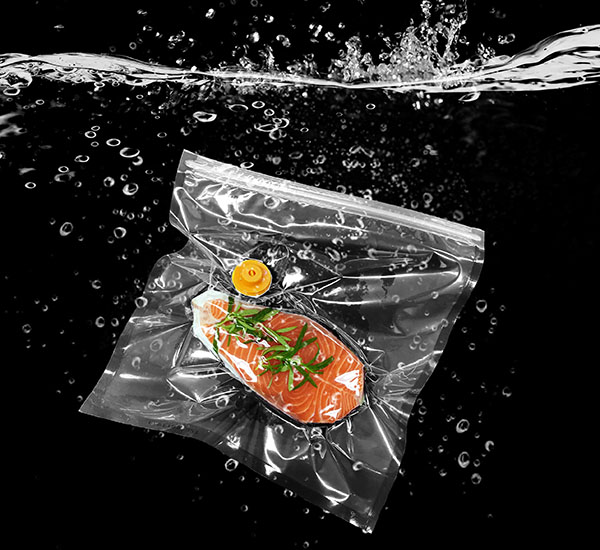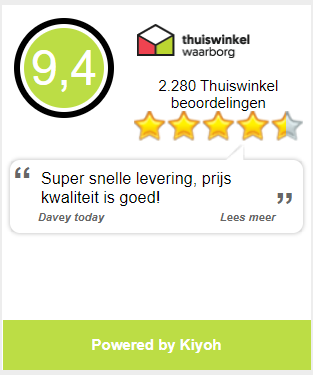Cooking in plastic bags: is sous-vide safe?
 Sous vide cooking involves vacuum-sealing raw or partially cooked foods in plastic bags and submersing them in a hot-water bath for a few hours to a few days. When done at proper settings for time and temperature, the method slowly pasteurizes the foods, including poultry and meats, making them safe to eat. A major concern is that the low cooking temperatures used (typically 130 to 140F) can encourage the growth of spore-forming bacteria, including Clostridium botulinum, which thrive in oxygen-free environments.
Sous vide cooking involves vacuum-sealing raw or partially cooked foods in plastic bags and submersing them in a hot-water bath for a few hours to a few days. When done at proper settings for time and temperature, the method slowly pasteurizes the foods, including poultry and meats, making them safe to eat. A major concern is that the low cooking temperatures used (typically 130 to 140F) can encourage the growth of spore-forming bacteria, including Clostridium botulinum, which thrive in oxygen-free environments.
What about the plastic bags used for cooking do they pose any risks? No. The bags sold for sous vide cooking are free of phthalates , BPA , and other hormone-disrupting chemicals. So too are most, if not all, plastic ziplock-type freezer bags, which can alternatively be used when the food is not going to be stored afterwards, since you don't need a perfect seal. If you're still concerned about cooking in any type of plastic, you can buy food-grade silicone bags, which are reusable and thus also reduce plastic waste.
Fears about cooking in plastic bags are misplaced due to the (low) temperatures employed when cooking sous vide and the type of food-safe plastic used. Inert polyethylene doesn't pose any of the risks associated with heating other plastics because it doesn't contain additives like BPA or phthalate (which can leach into food and potentially have a negative impact on health). Bottom line: Don't fear the bag, baby.
Wordy explanations aside, the basic precautions for sous vide aren't much different than for any other kind of cooking. Make sure to use food-safe plastic bags (freezer-safe zip bags fit the bill), don't let the food stay in the danger zone too long (the warning feature on your immersion circulator will help you here), and chill any foods you plan to store quickly and efficiently (the ice bath is your friend). Armed with these simple precautions, you can confidently navigate the delicious world of sous-vide cooking without fear.
In addition to the use of plastic in general is the concern about the safety of cooking in plastic bags. The biggest concern with using plastic bags is that when they're heated to certain temps, they may leach harmful chemicals like Bisphenol-A (BPA). People have gotten very savvy about this chemical in recent years. Many have stopped using plastics in the microwave and stopped re-using plastic containers for food storage. A lot of people have even stopped using plastic water bottles because they can degrade (especially if left too long in the sun).
If that's a real concern, then why should you not be worried about using plastic bags in a sous vide cooker? Here's why: all sous vide is done at temperatures well below boiling, and boiling temp (212F/100C) is the temp at which plastics start to break down.



